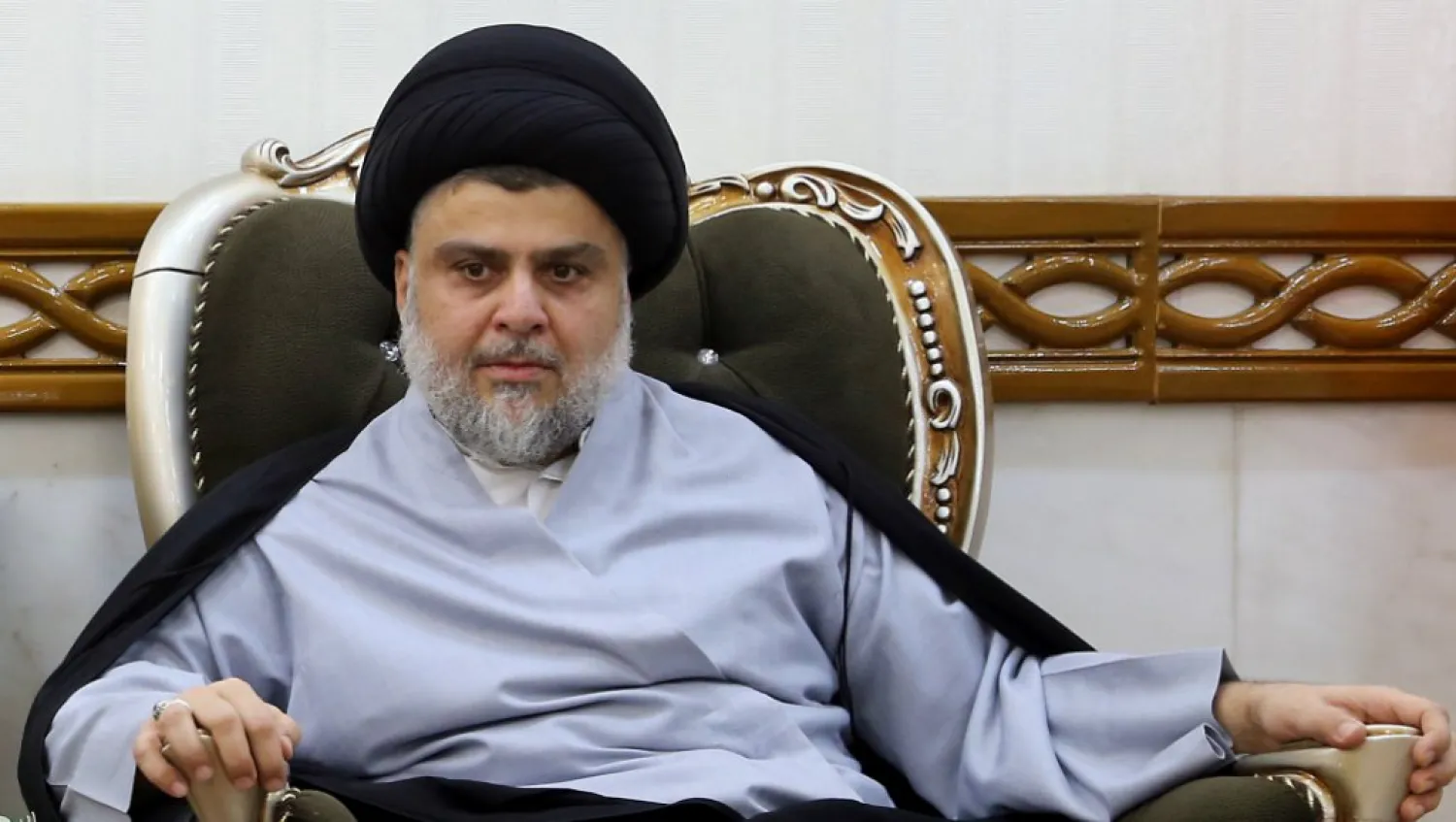Iraqi political leaders welcomed on Tuesday an order by Iraqi Prime Minister Adel Abdul Mahdi to integrate the Popular Mobilization Forces (PMF) into the military.
The first positive reaction came from leader of the Sadrist movement, cleric Moqtada al-Sadr, who thanked the Abdul Mahdi for this initiative and hoped he keeps working for Iraq's unity and the unity of its police and armed forces.
He also announced that he was cutting ties with the Saraya al-Salam brigade in compliance with the PM’s order.
Sadr, therefore, ordered the closure of the Saraya headquarters and the merger of its fighters with the official security forces.
"I would like to announce that the Saraya al-Salam fighters are under the command of Adel Abdul Mahdi from now on,” he tweeted on Tuesday.
The group said that it will follow Sadr’s order.
A day earlier, Abdul Mahdi issued a decree stipulating that all Popular Mobilization Forces are to operate as an indivisible part of the armed forces and be subject to the same regulations.
He also ordered that groups that are not affiliated with the PMF to choose between joining political work or face prosecution.
Groups have until July 31 to abide by the new regulations. Those that do not will be considered outlaws.
Also, the leader of Asaib Ahl al-Haq, Qais al-Khazali, welcomed the initiative, saying it was a “step in the right direction” that would pave the way for the PMF to become a professional entity and a firm component of the armed forces.
The order has ended attempts to dissolve the PMF, he tweeted, while calling for keeping the PMF away from political tensions.
Head of the Badr parliamentary bloc, Hassan al-Kaabi welcomed Abdul Mahdi’s decree, saying: “All PMF factions are already under the supervision of the commander in chief of the armed forces,” meaning the PM.
Leader of al-Qarar political movement Osama al-Nujaifi said a decision to limit the possession of weapons to the armed forces is a step towards strengthening Iraqi sovereignty.
Al-Mihwar al-Watani Alliance, which includes Sunni forces, said the PM decision is the “tangible outcome of our partnership with the al-Bina alliance.”









